A few years ago, I read and enjoyed Alice W. Flaherty's memoir, The Midnight Disease. Suffering from postpartum depression after the death of her newborn child, she began experiencing hypergraphia -- the uncontrollable urge to write. She filled pages and pages with her writing, and couldn't stop -- the opposite of writer's block.
Flaherty is a psychiatrist and her memoir/study grapples with a scientific way to look at creativity, which at times resembles a mental disorder.
When I had the book, I wrote down many passages and thoughts that struck me. Those passages follow. Page numbers refer to the hardcover edition.
(no page #)
Far more important, a life chosen to maximize joy may be very different from one chosen to minimize pain.
212
Accounts of the muse's influence are matched by complaints of its fickleness. An example is Donald Justice's poem "The Telephone Number of the Muse":
I call her up sometimes, long distance now.
And she still knows my voice, but I can hear,
Behind the music of her phonograph,
The laughter of the young men with their keys.
I have the number written down somewhere.
239
I would argue that these creative states are extreme variants of the inner voice, that constant monologue which fills us from when we first learn language as toddlers until we lose it in nursing homes and intensive care units.
250
When we are thinking abstractly, though, we seem to be doing so prelinguistically, both because the speed of our thoughts seems faster than words and because of the difficulty we often have in putting fleeting thoughts into real words. By contrast, in both the experience of the muse and in psychotic hallucinations, the voice heard has more of a sensory quality as well; it is more like a voice, less like an idea.
This notion fits with our sense that voices, whether spoken or signed, in some way are more primitive than silent thoughts. Just as two-year-olds say aloud much of what goes through their heads, just as six-year-olds subvocalize when they read, so people in the throes of creation, as well as people hallucinating, may be thinking more primitively. Not necessarily more simplistically, but primitively ... more vividly, more concretely, more associatively, less constrained by societal convention.
252
The psychiatrist Mark Epstein has pointed out that keeping respiration in mind as a model for our give-and-take relationship with the external world, and especially with our creative work, would have a very different effect from thinking of the world as something (on the oral, anal, or genital models) to be consumed, expelled, or penetrated.
254
The image is not of the artist enriched by the spirit of art, but ex-hausted by its leaving his body. Finishing a project successfully is, paradoxically, a not uncommon cause of clinical depression.
I think that when you work hard enough on any work, everything of value in you goes into that work. When you finish it, it leaves you, and you are empty.
260
Neurologists and others have attributed the behavior of many famous religious leaders directly to temporal lobe epilepsy.
Moses, for instance, reportedly had convulsive fits starting at age three, speech problems suggestive of aphasia or dysarthria, unusually prolific writing, episodes of sudden rage, and religious visions. One neuropsychologist has even speculated that his epilepsy was caused by his being left in that basket among the bullrushes for several days and sustaining a brain injury from heatstroke.
266
The scientist in me worries that my happiness is nothing more than a symptom of bipolar disease, hypergraphia from a postpartum disorder. The rest of me thinks that artificially splitting off the scientist in me from the writer in me is actually a kind of cultural bipolar disorder, one that too many of us have. The scientist asks how I can call my writing vocation and not addiction. I no longer see why I should have to make that distinction. I am addicted to breathing in the same way. I write because when I don't, it is suffocating. I write because something much larger than myself comes into me that suffuses the page, the world, with meaning. Although I constantly fear that what I am writing teeters at the edge of being false, this force that drives me cannot be anything but real, or nothing will ever be real for me again.
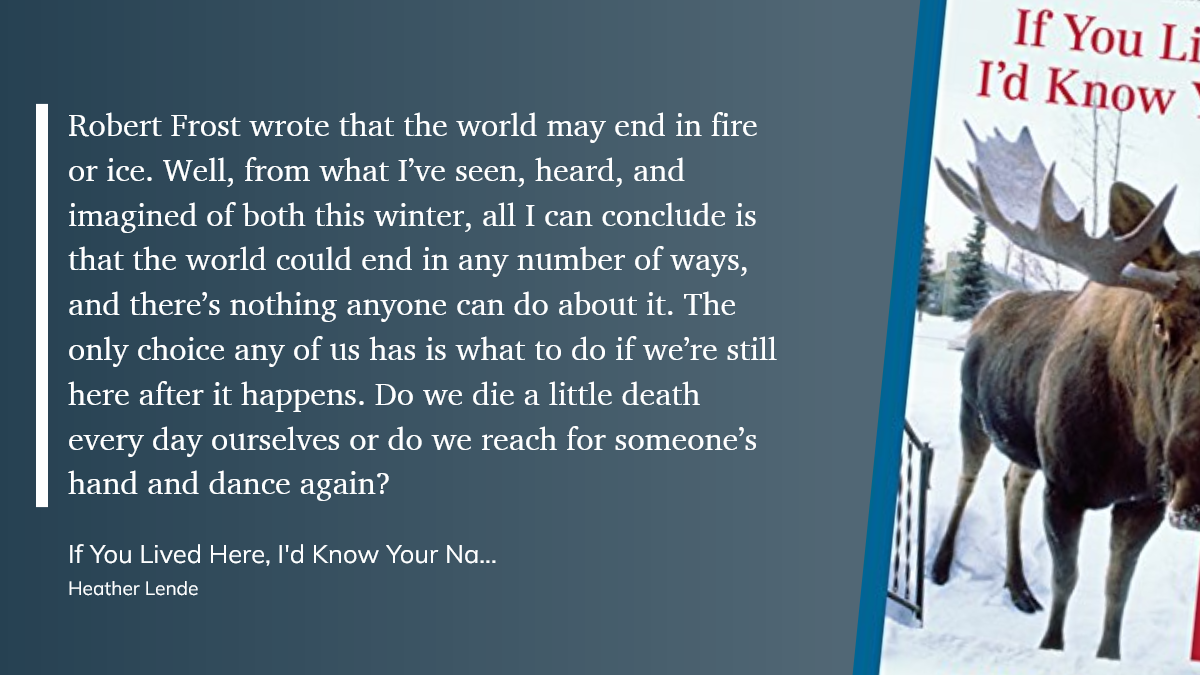
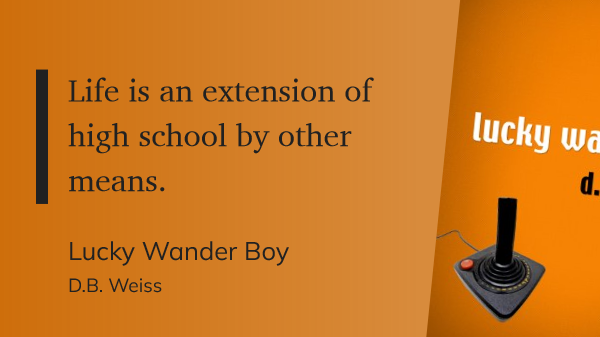

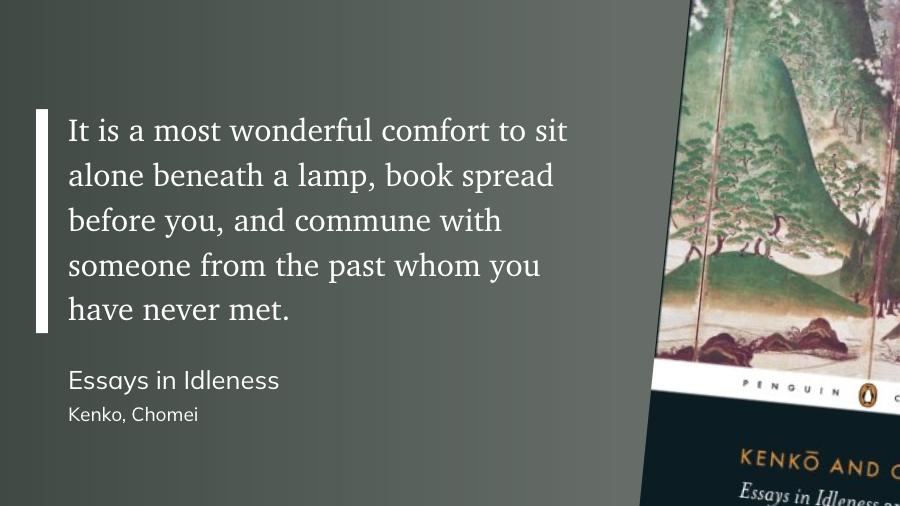
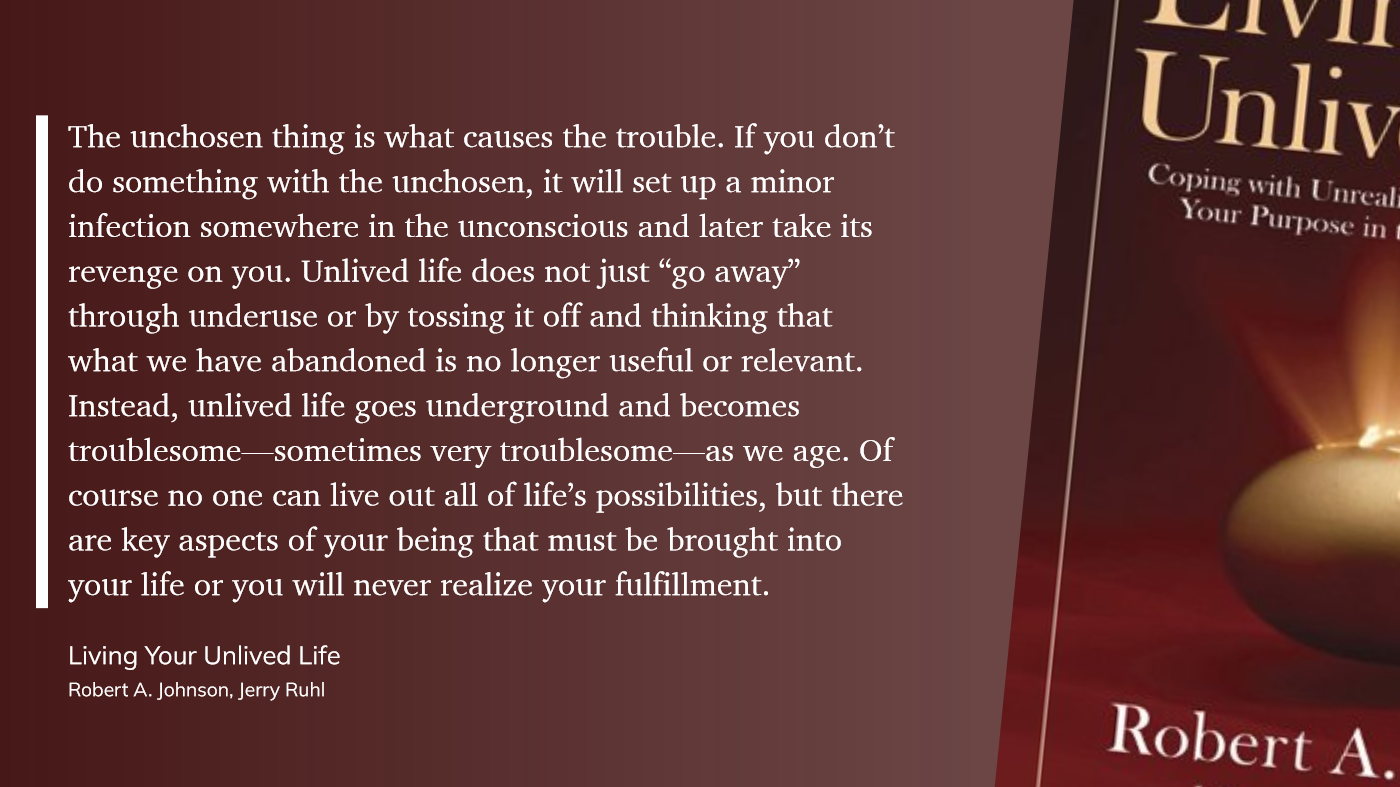
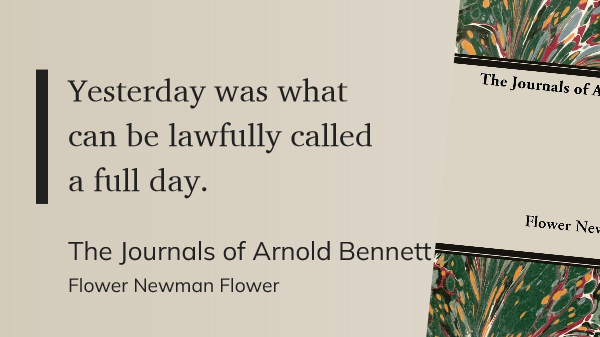
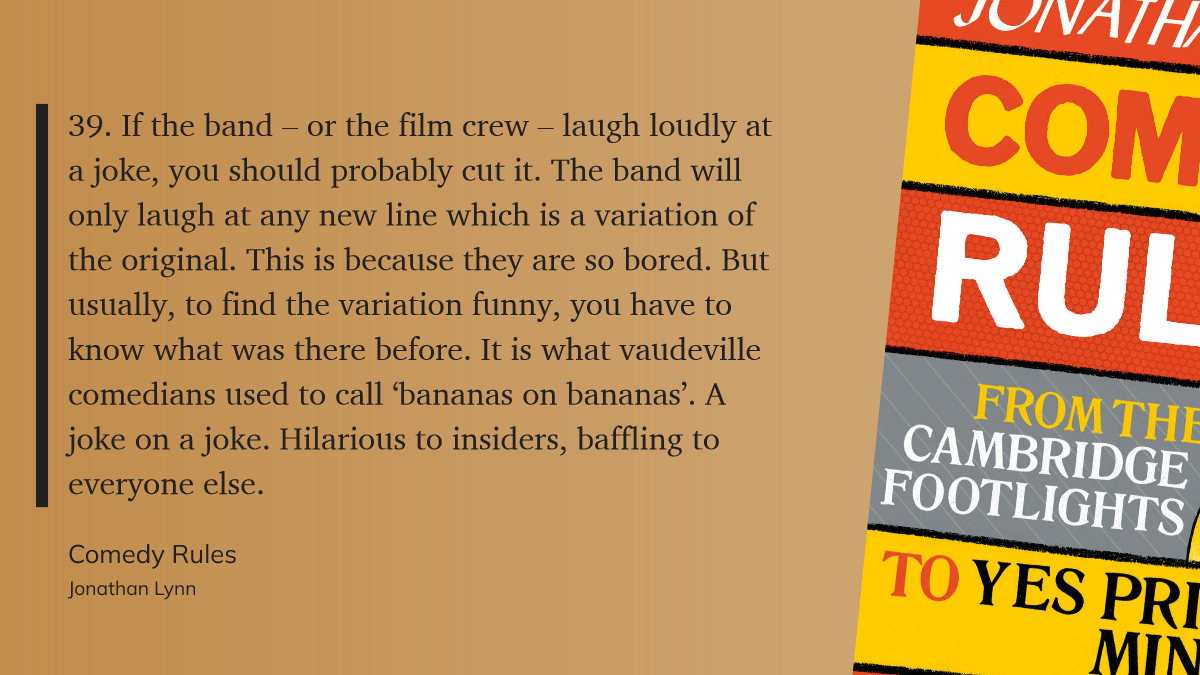
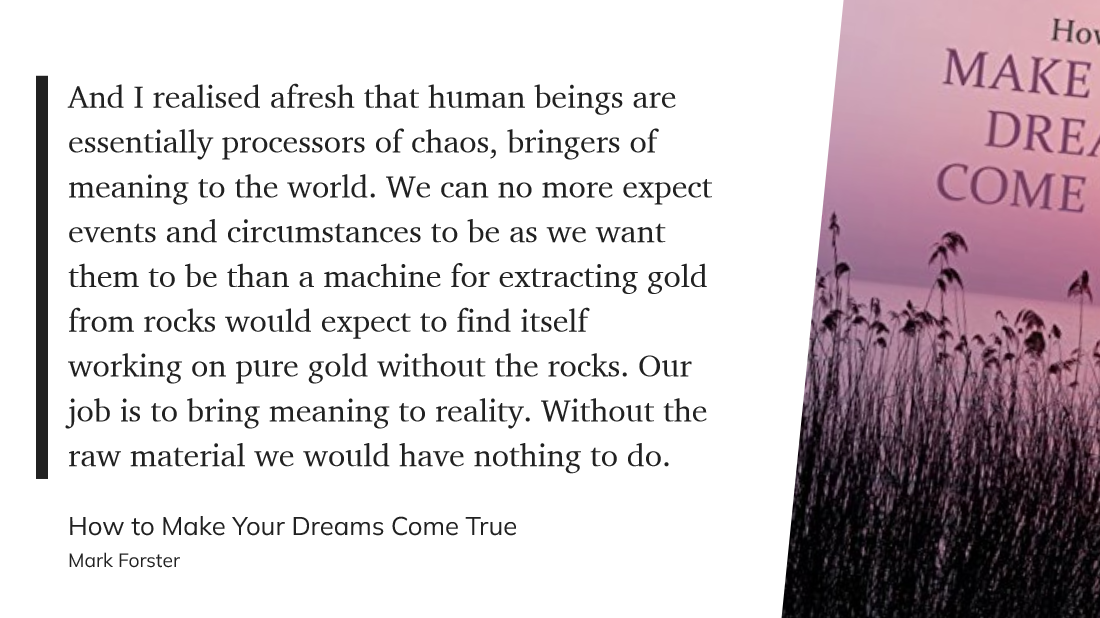
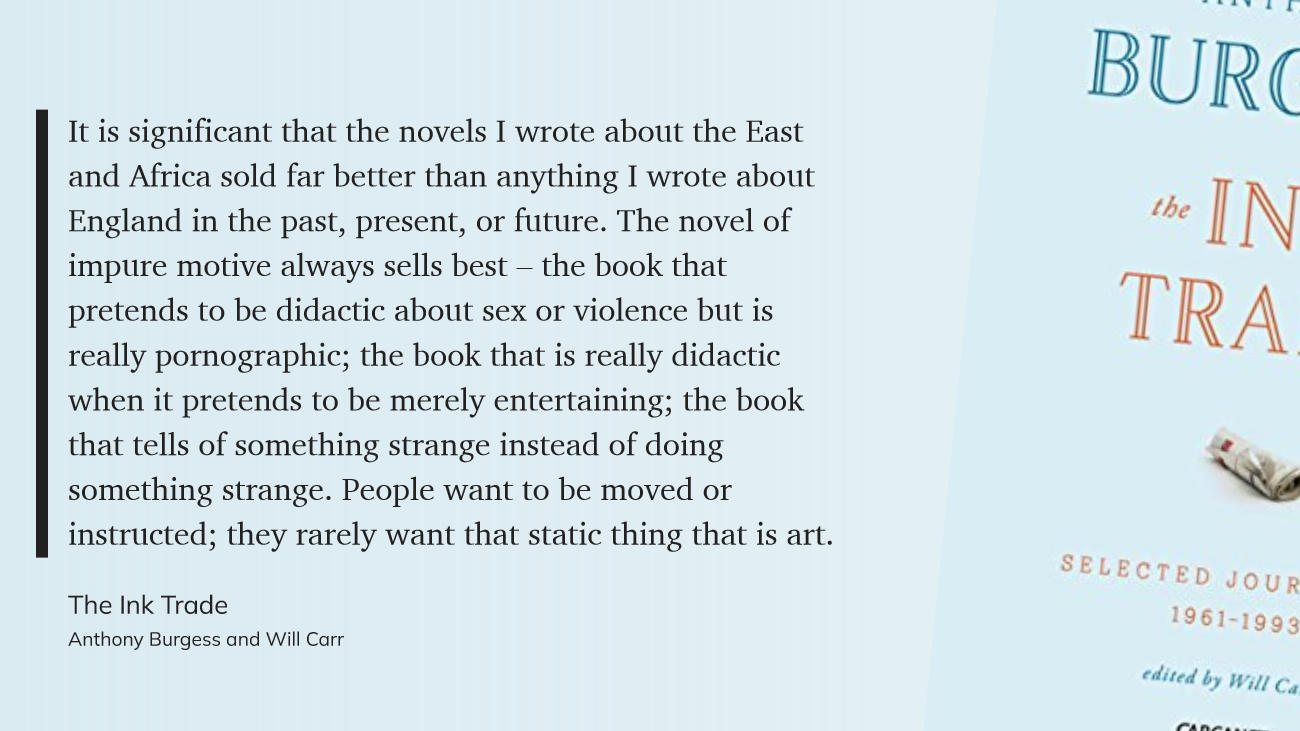
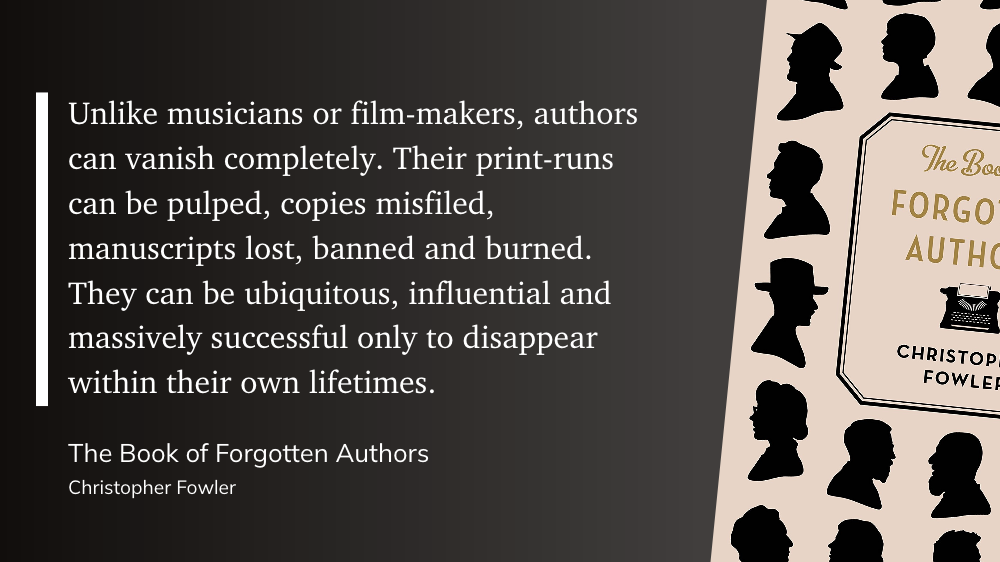
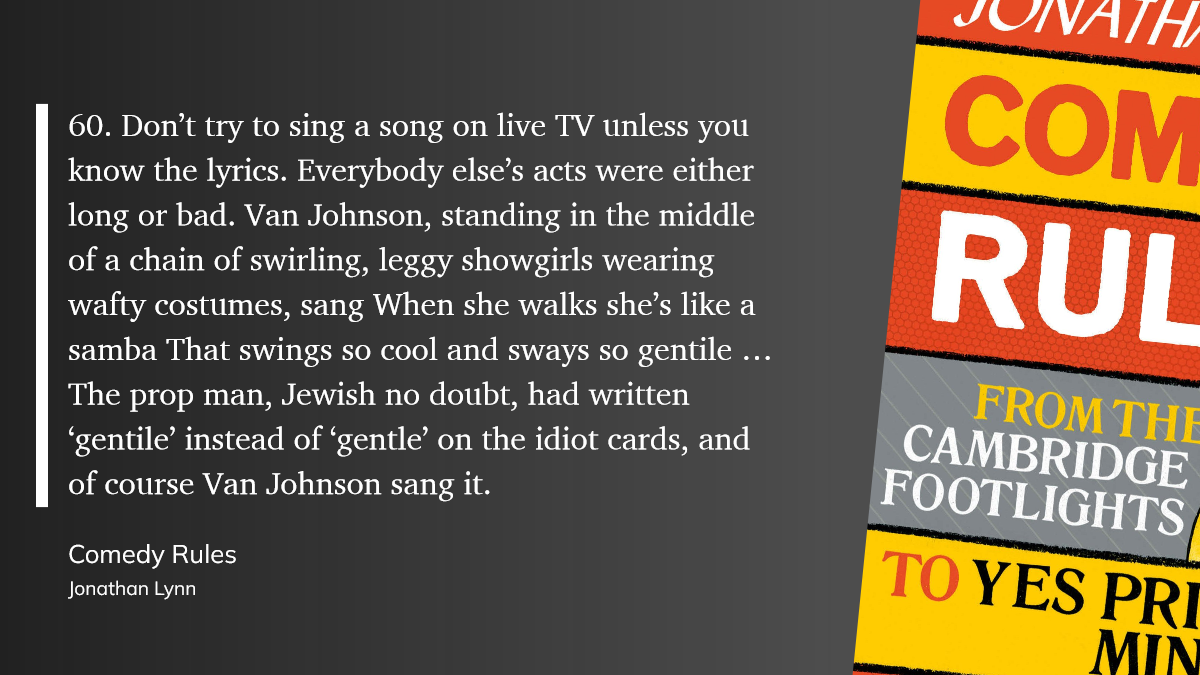
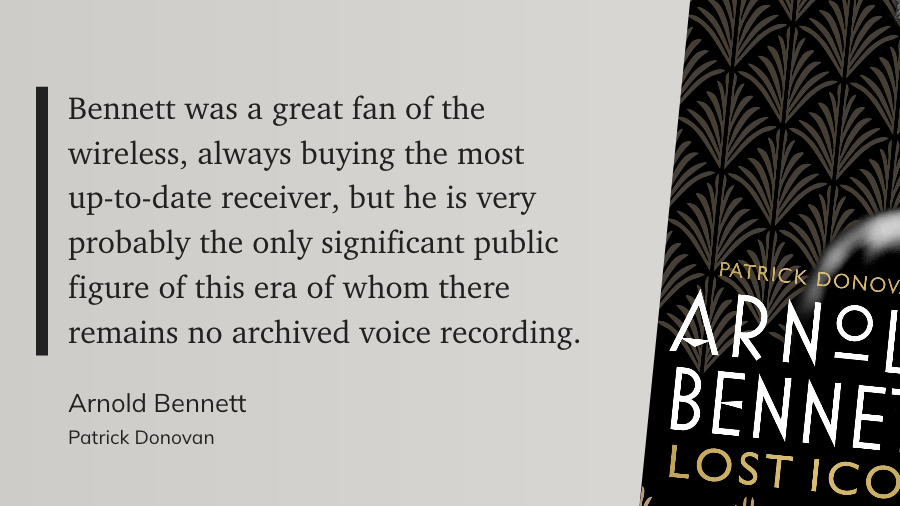

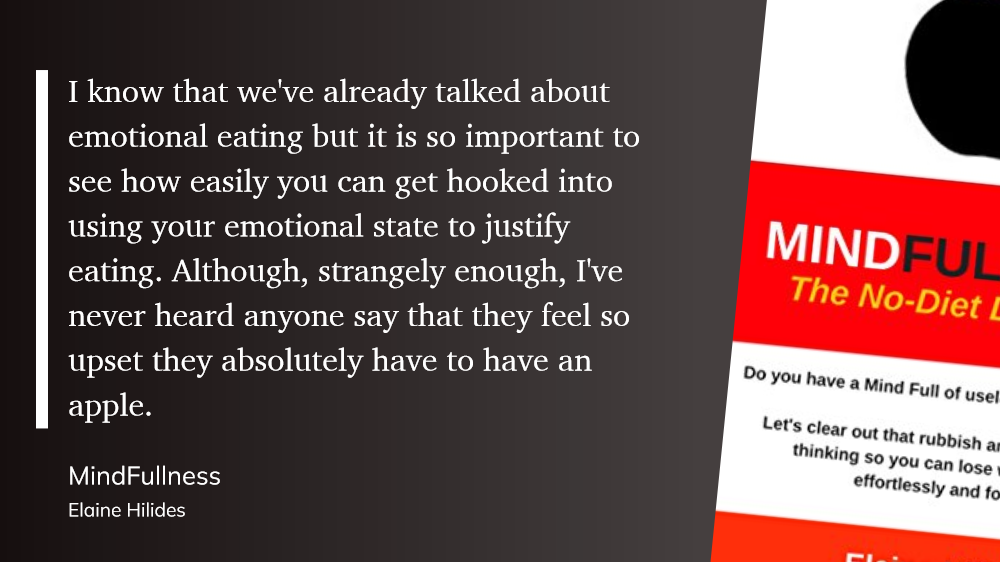
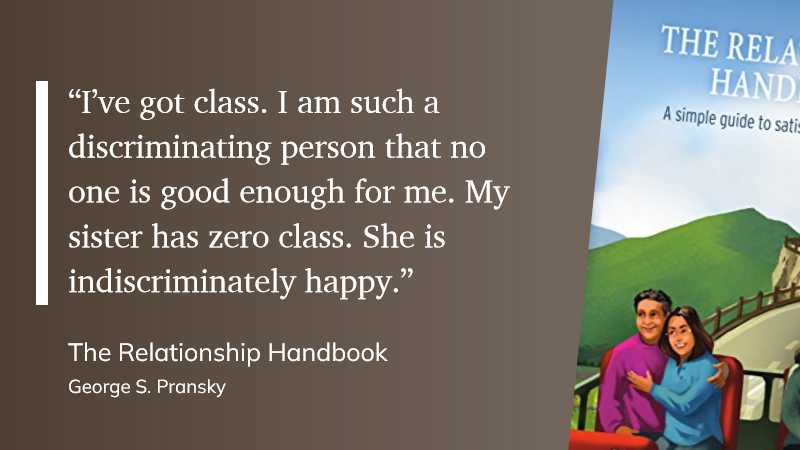
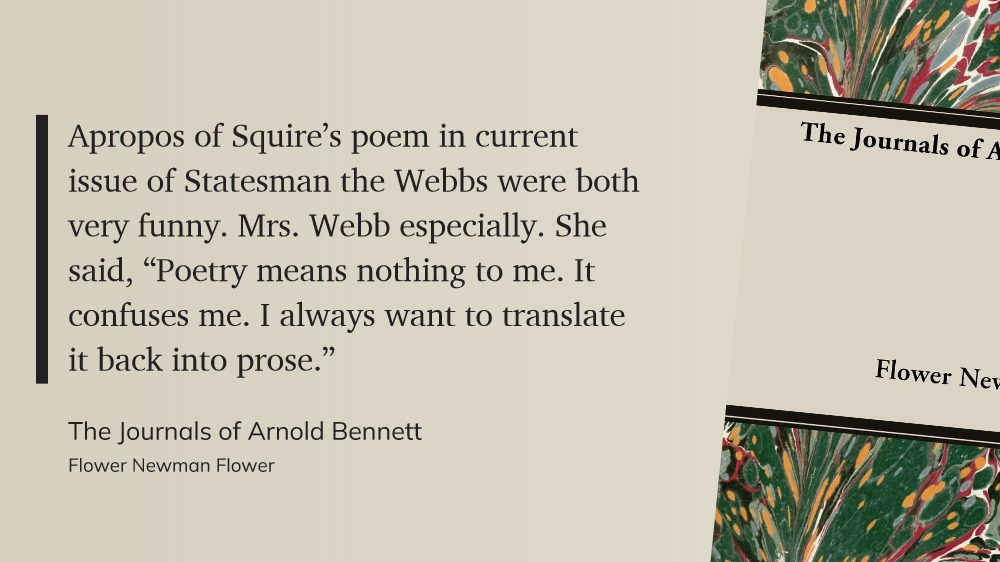
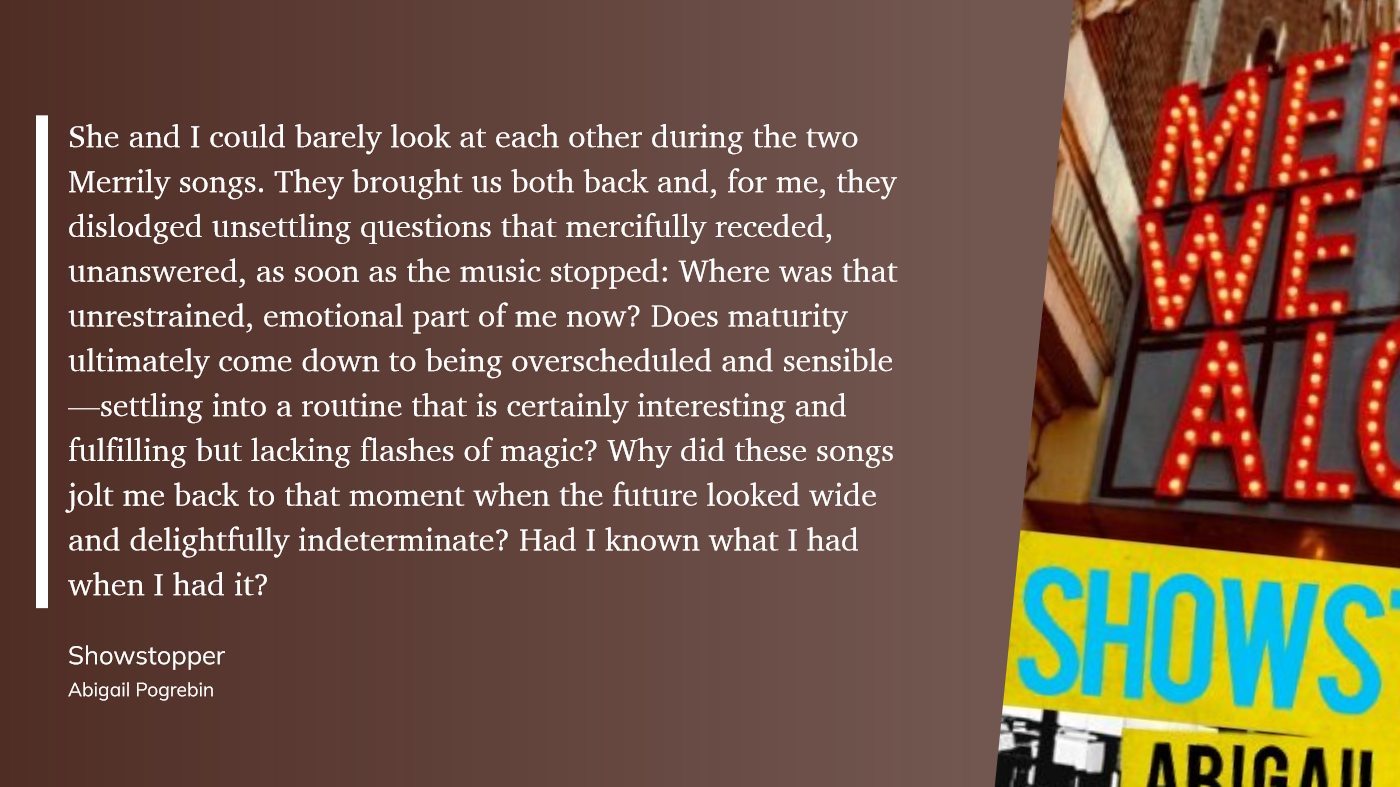
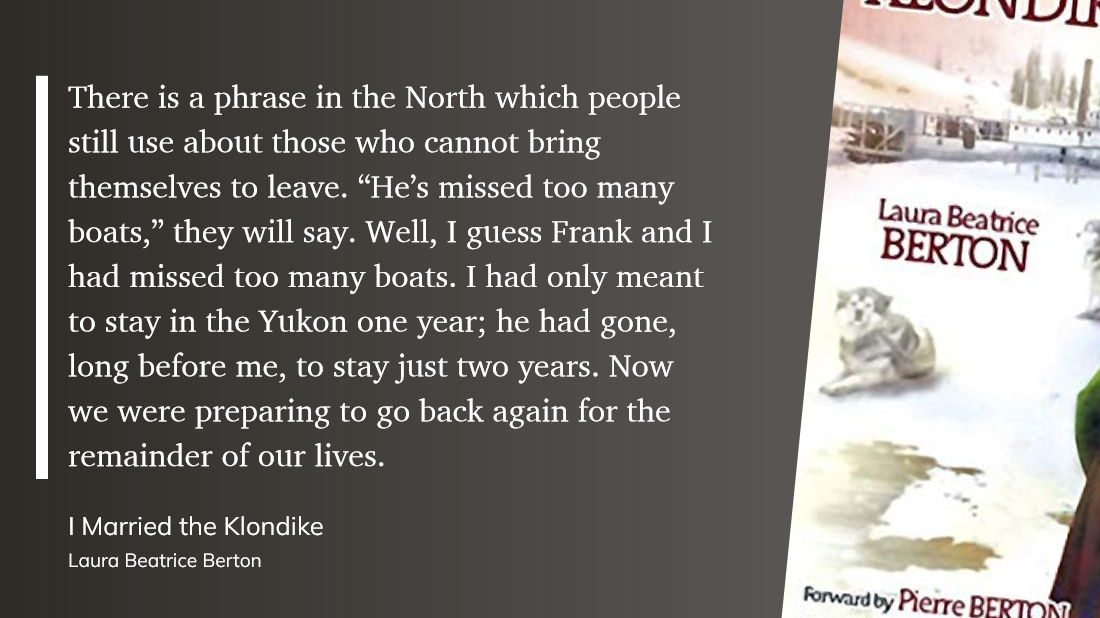
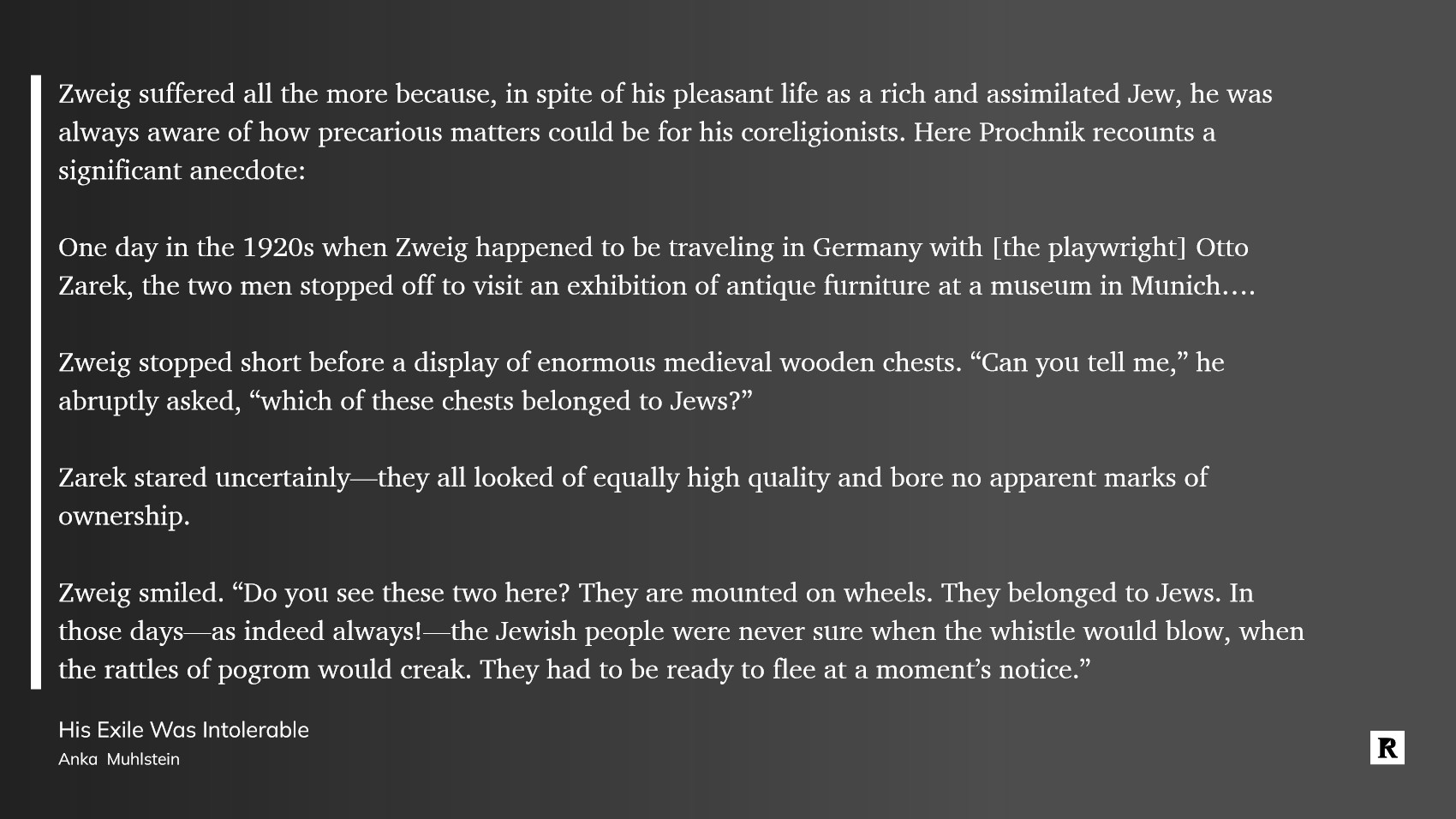
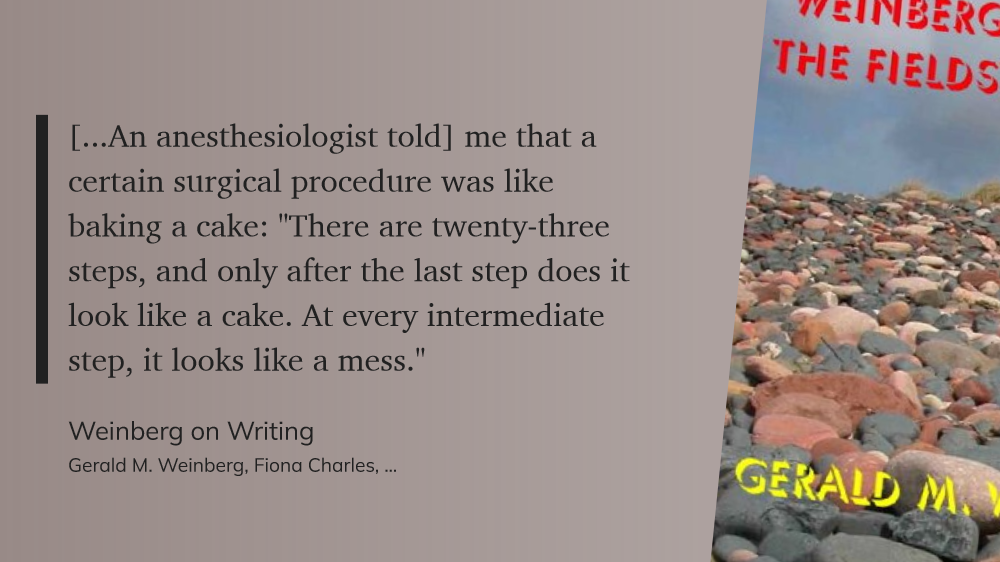
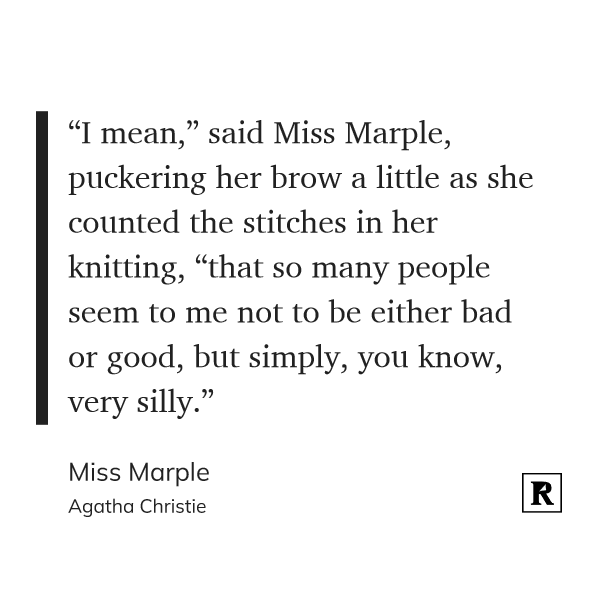
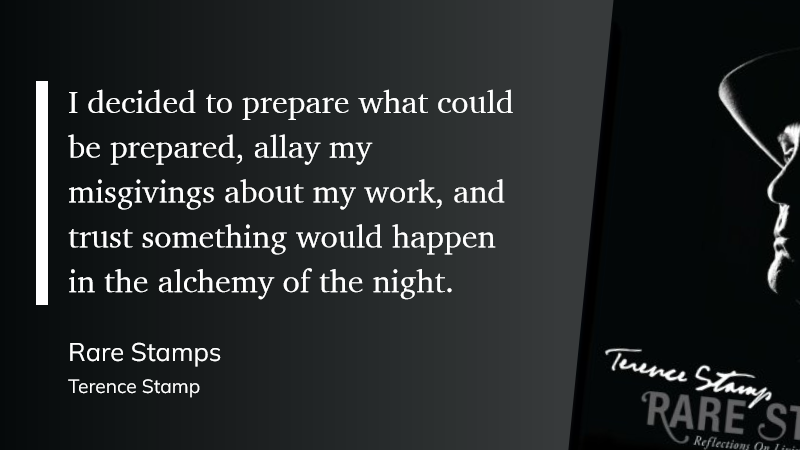
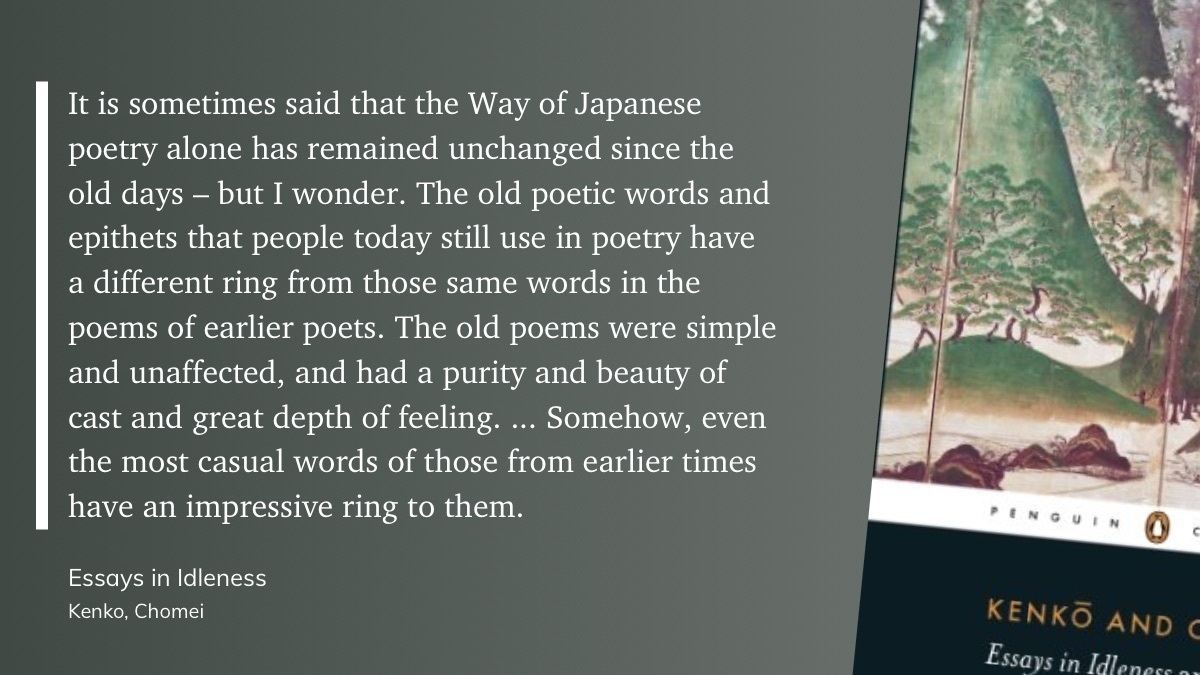
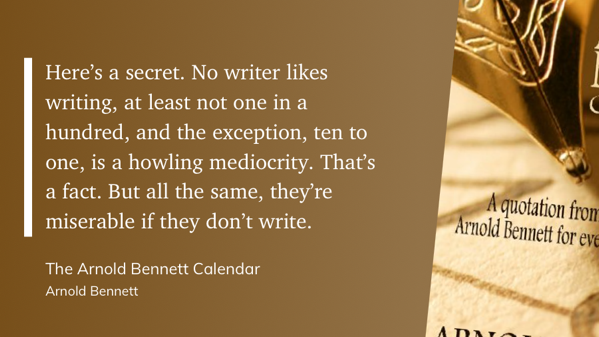
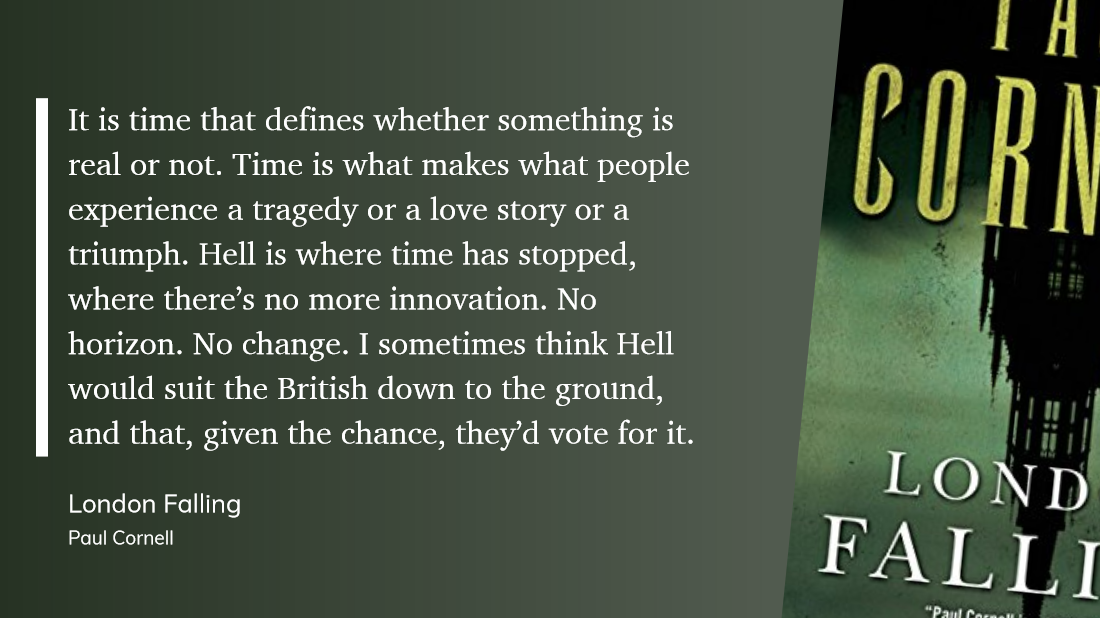
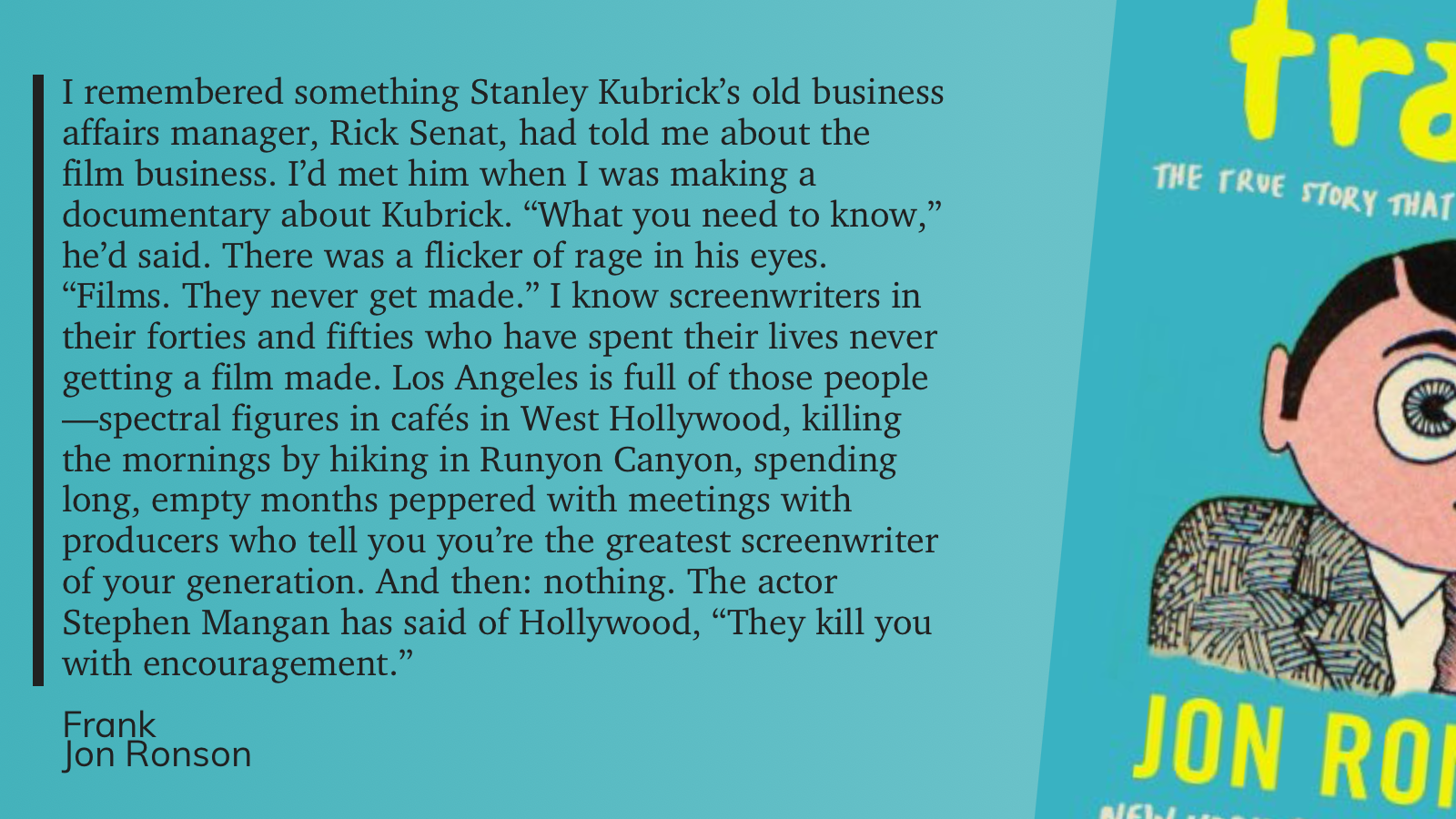
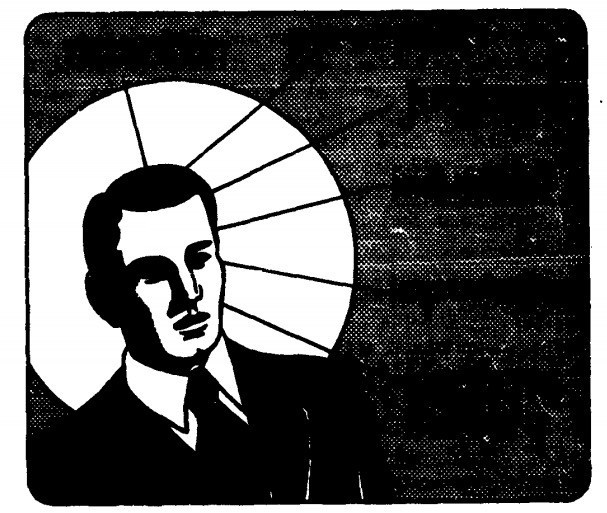
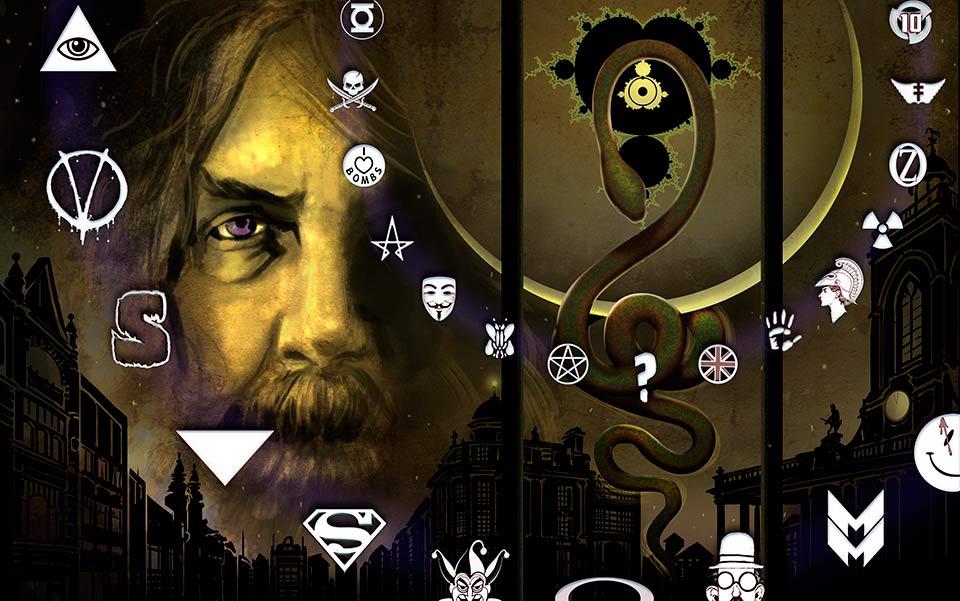
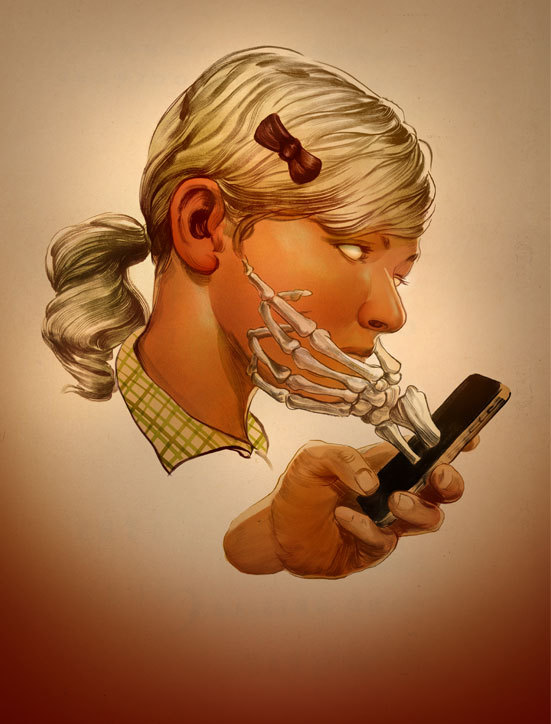
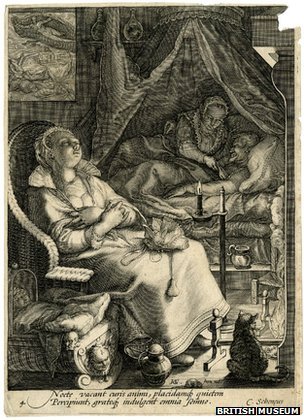
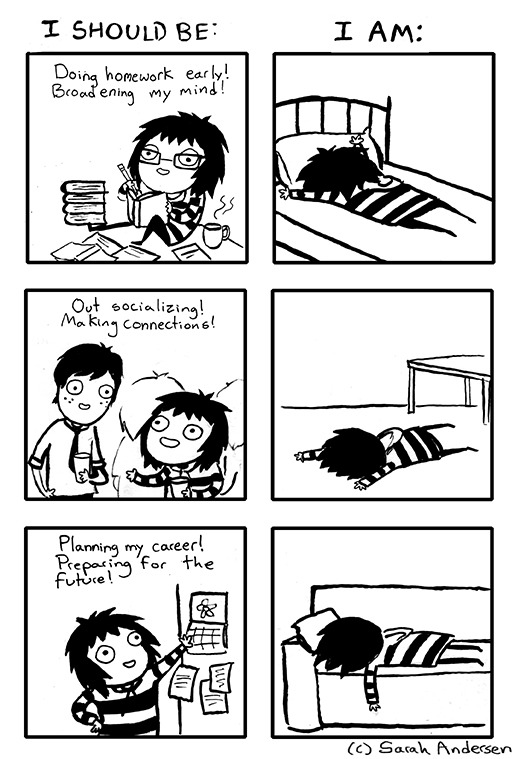
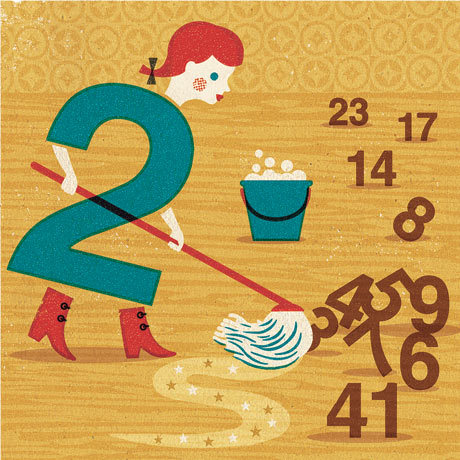
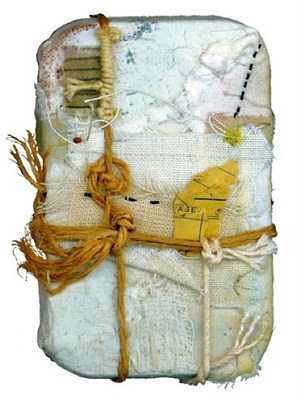
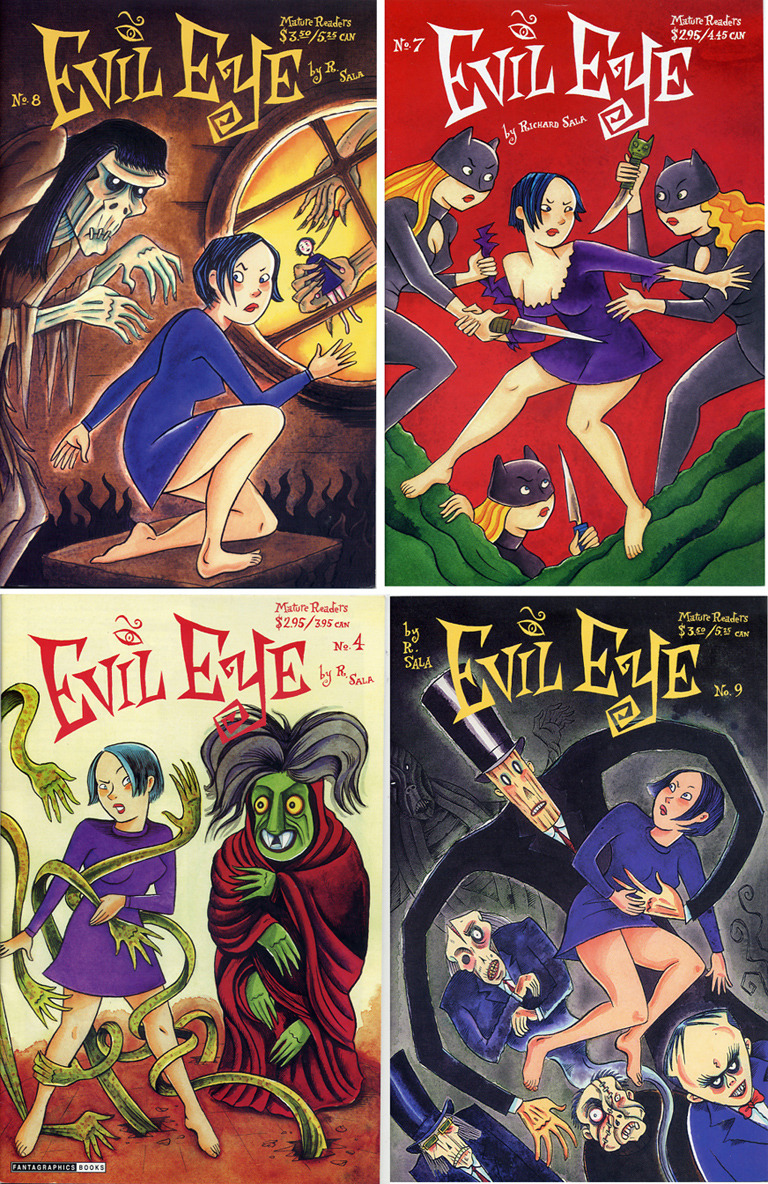
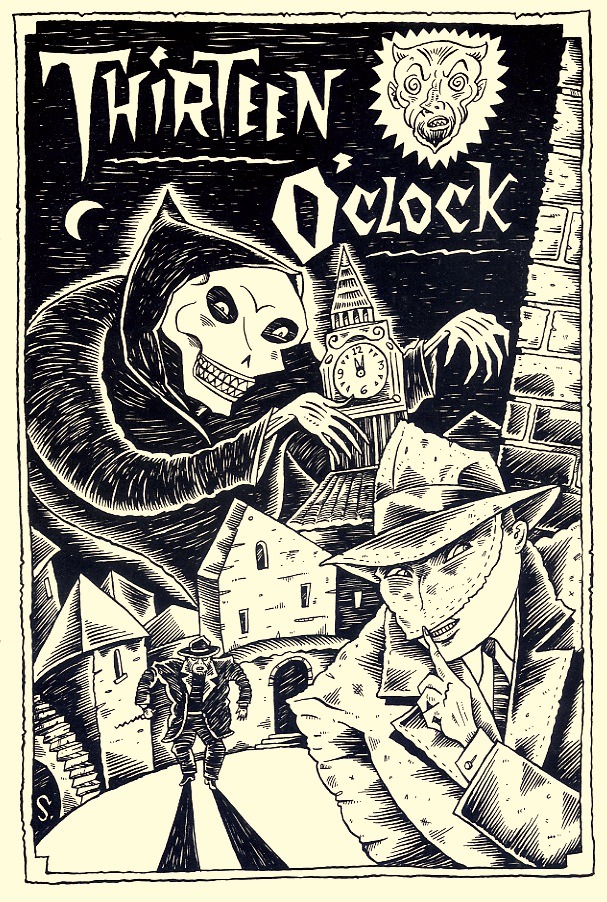
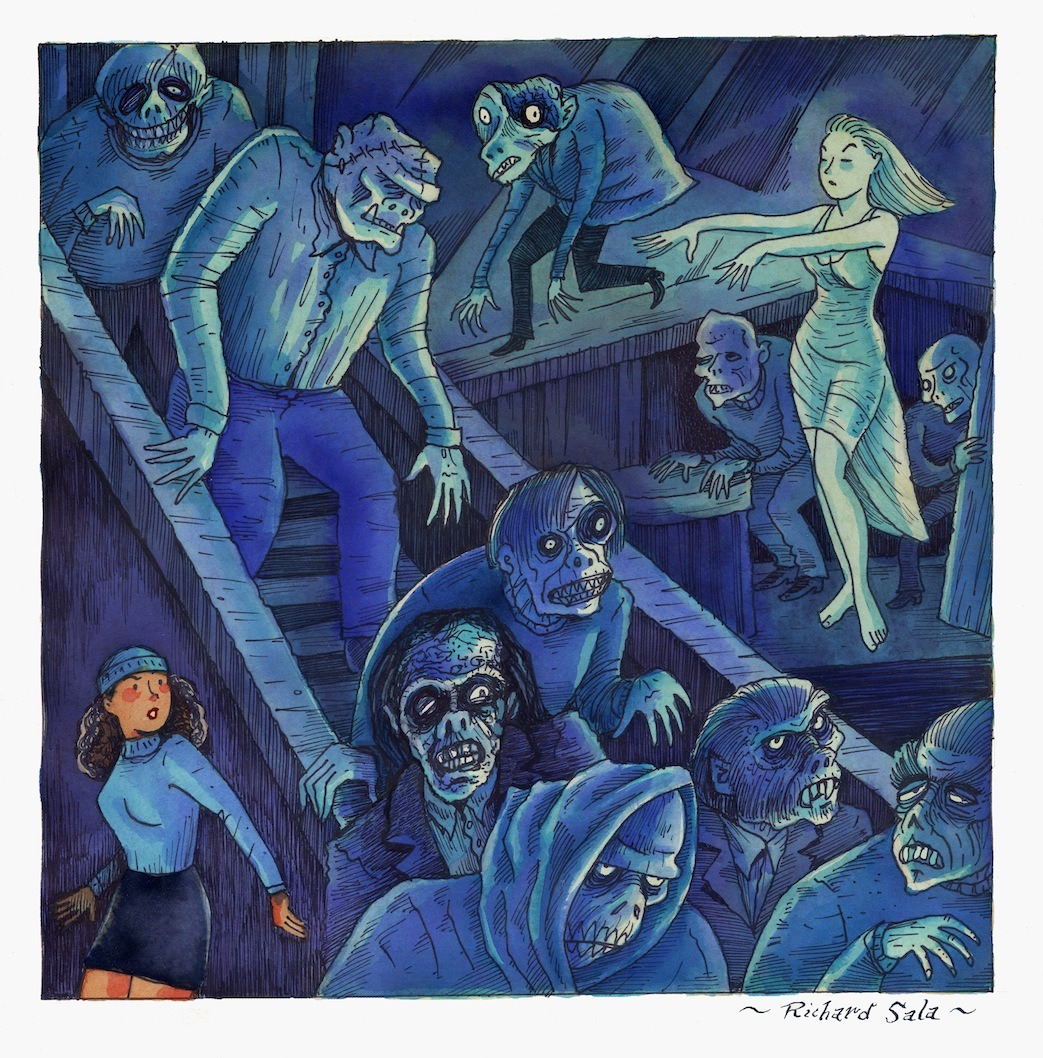



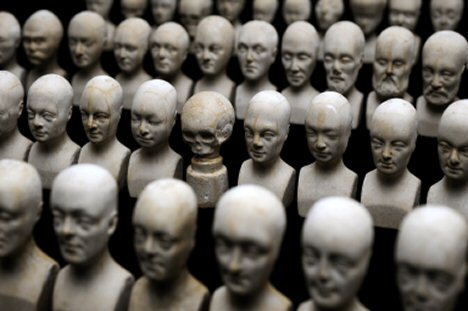
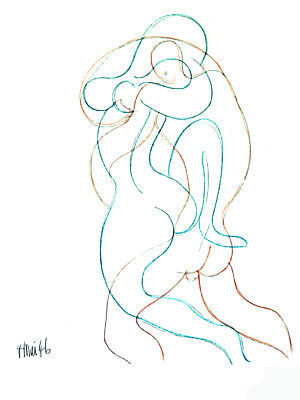
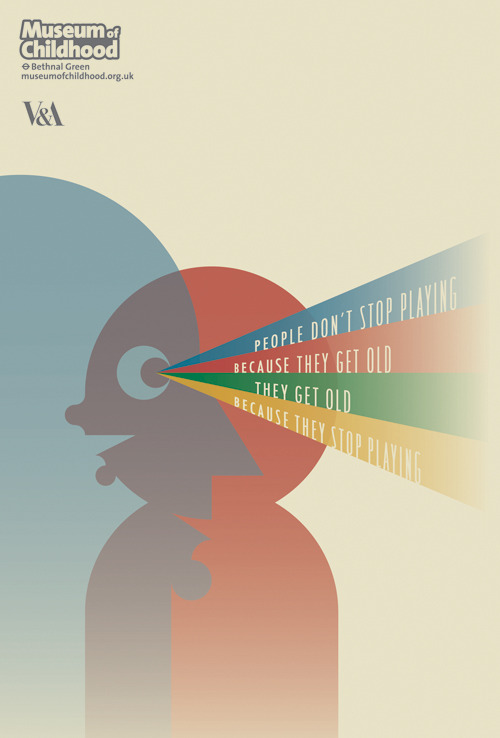
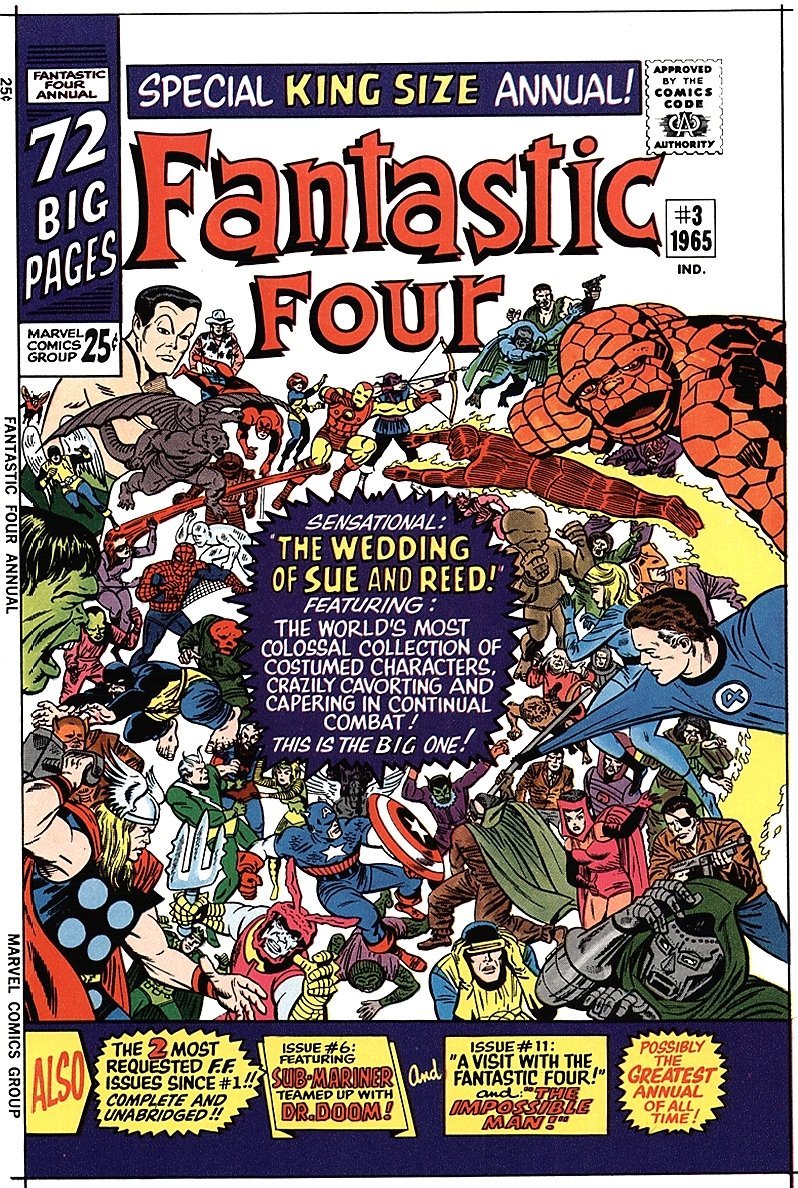
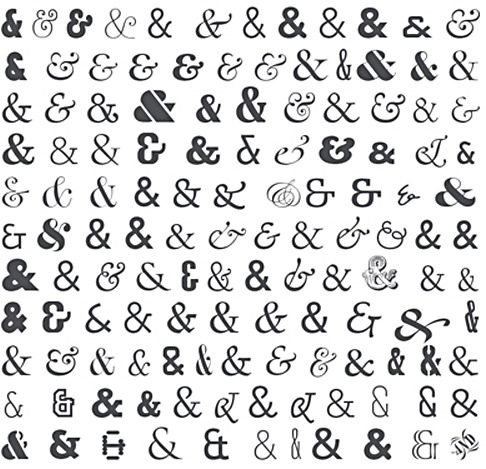


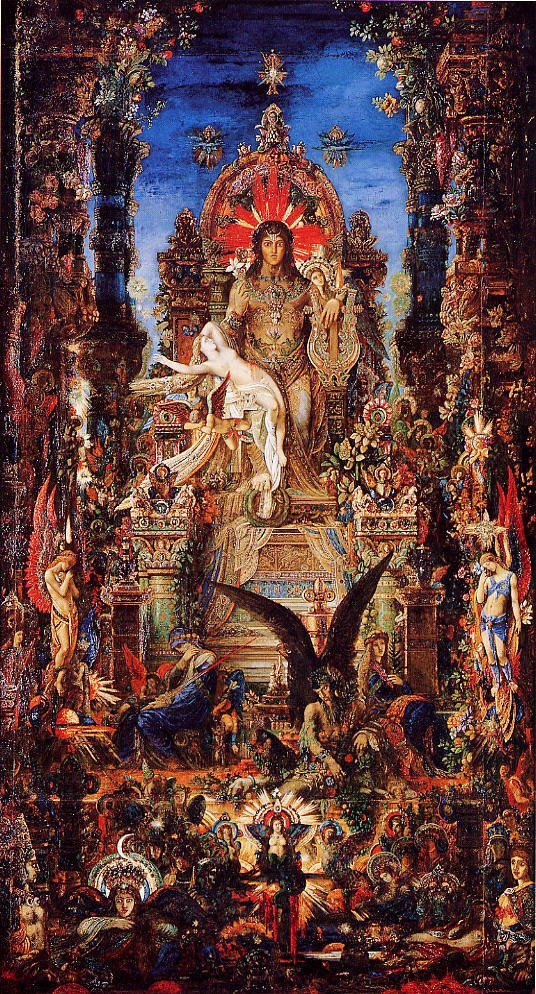
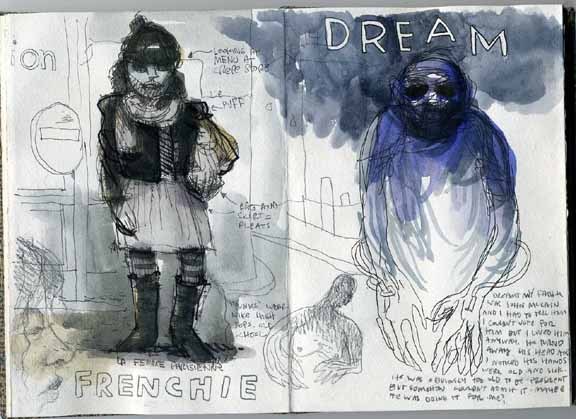
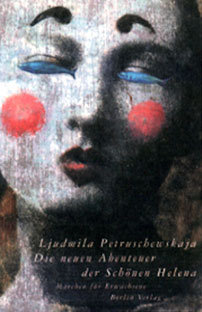

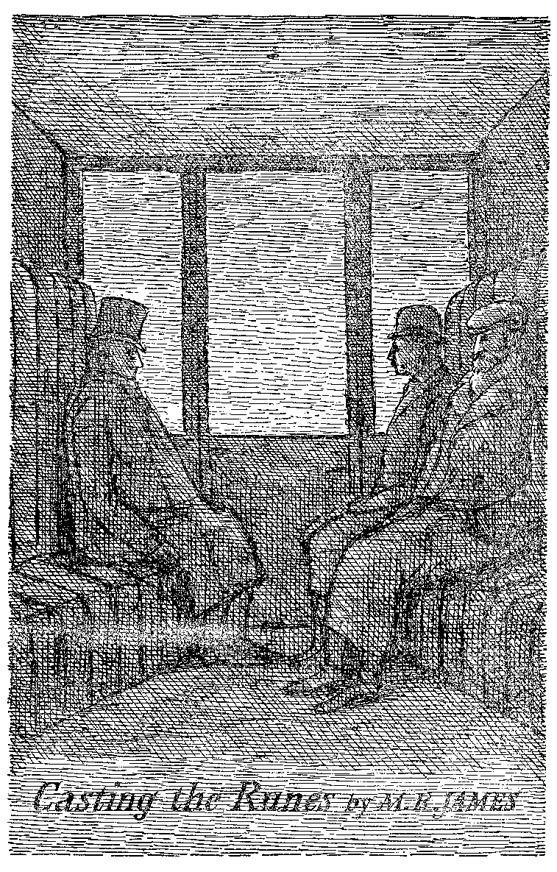
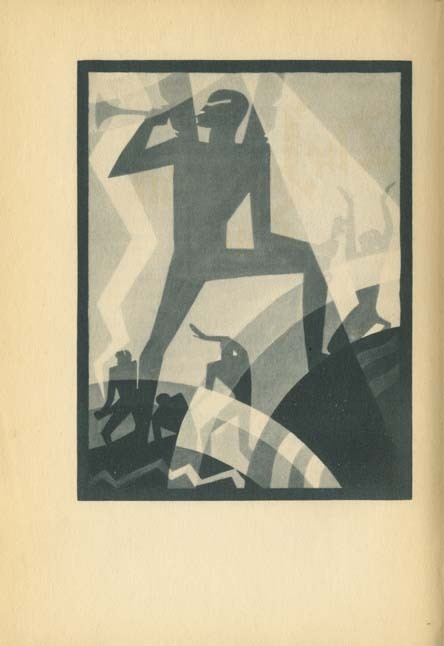

![[Conan the Barbarian #10]](http://brownstudy.micro.blog/uploads/2019/51d6c602cf.jpg)